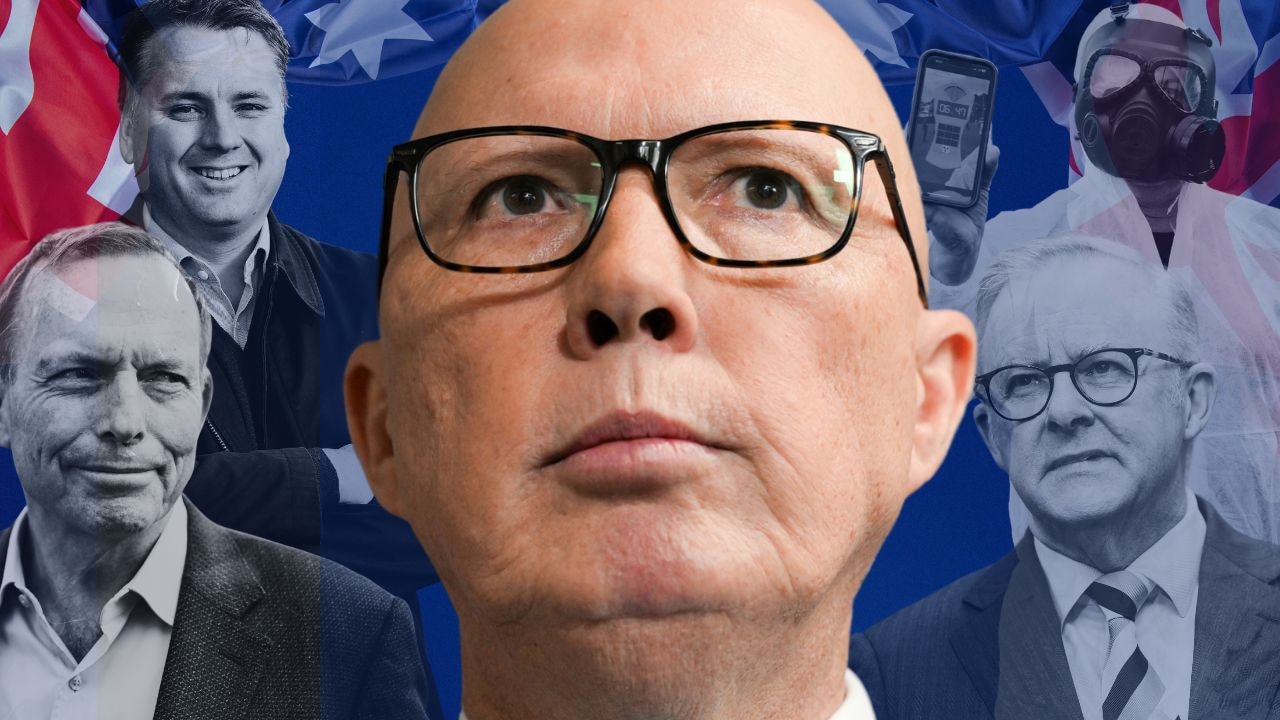More young Australians on prescription meds, others face body image issues
A new survey has revealed shocking insights about Australians aged 15-24, with 17 per cent taking prescription drugs as others struggle with body image. See the full list.
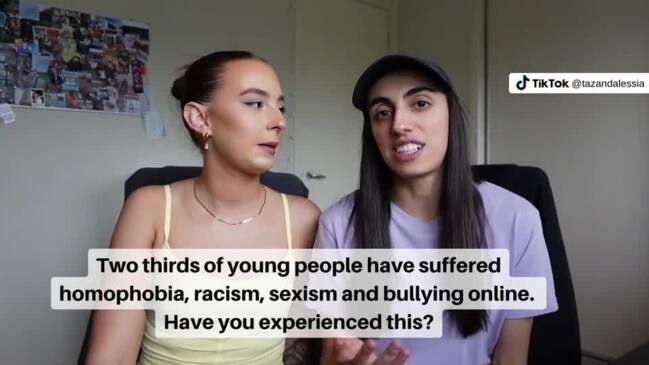
National
Don't miss out on the headlines from National. Followed categories will be added to My News.
Exclusive: Our youth have never been more health conscious, with an astonishing number confessing they never drink or use drugs.
But in contrast the number of those aged 15 to 24 taking prescription medication for their mental health is shocking, according to the results of the Big Youth Survey, commissioned by News Corp.
It found that while almost a quarter of young people exercise nearly every day and a third say they never drink, their mental health is not faring as well.
One in five say they are currently seeing a mental health professional, a third say they have seen one in the past and more than 14 per cent say they would like to see someone.
The survey of 1367 young people undertaken by Year13 – a service supporting young people transition to work, study or uni after their Year 12 exams – also found 17 per cent are currently on prescription drugs for their mental health.

Child and adolescent psychologist Deirdre Bradner said the high level of young people on medication could be due to some struggling to access support and therefore GPs are having to prescribe drugs as an interim.
Either way, she said the numbers are worrying.

“It warrants some further investigation,” Ms Bradner said.
She said this age group’s mental health has been the most impacted by Covid, and that the effects are ongoing.
“We know friendships and social interactions are integral to their sense of identity and connectedness.
“They have been deprived of that. It’s had an impact.”
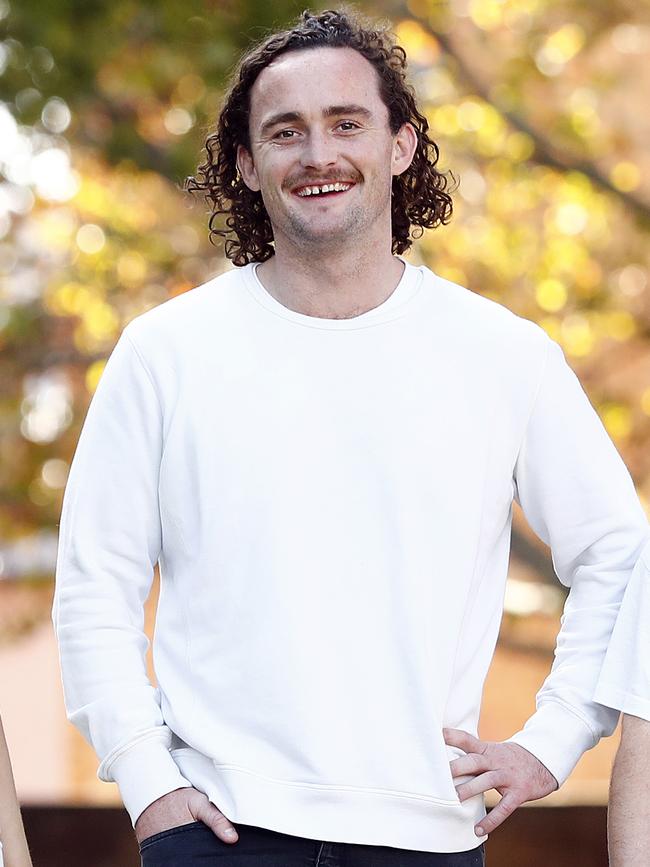
Cosmetic procedures on the rise
About half of the respondents in the survey said they have a negative body image.
While one in 10 want plastic surgery, five per cent would like fillers and more than three per cent want Botox.
Year13 Co-founder Saxon Phipps said young people “have never been so health conscious, but at the same time so self conscious”.
“With social media there’s a lot for young people to compare themselves against on top of just everyday life and it’s easy to say I don’t compare in this or that way,” Mr Phipps said.
“And from there it’s really just a few extra clicks to look into procedures like surgery and Botox and to speak to others who’ve had them on TikTok, Instagram and Reddit to get advice.
“So what might’ve once seemed quite a daunting thing to do isn’t so much these days.”
Lizzie Carter, 21, said she struggled with how she viewed her body when she was younger, but is now better able to deal with the “unrealistic images” she sees on social media. She said she knows peers who have had lip fillers and breast augmentation.
Her friend Emma Shlager, 22, said she competed in sports aerobics when she was younger, and the costumes were often little more than a bikini.
“I felt there was a bit of pressure to look a certain way,” she said.
“I’m surprised not more girls have had lip fillers or boobs jobs, I know a lot of people who have.”
Males are feeling the pressure too.
Kyle Williams, 22, said when he was younger and had a six-pack, he was still not happy with his body.
“Even when I was really fit I was hard on myself,” he said.
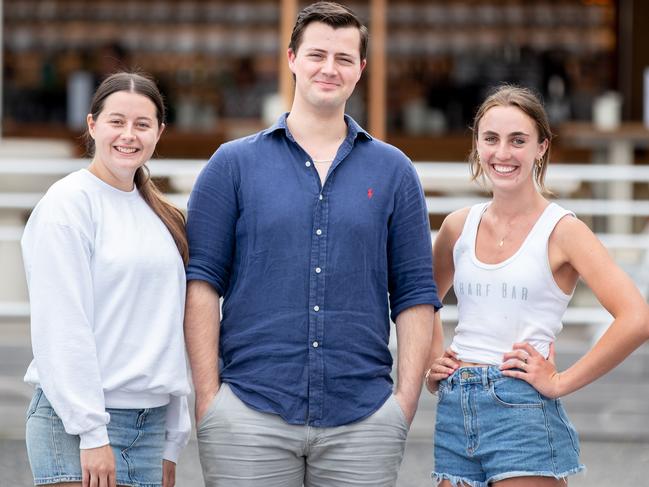
Healthy choices a priority
Meanwhile, the survey found a third of young people don’t drink alcohol and more than 85 per cent never smoke and 76 per cent never take drugs.
More than 78 per cent said they never vaped, although six per cent said they vaped daily and one in 10 said they vaped occasionally.
Exercise is also important to young people, but more so for males, with a quarter (24 per cent) saying they exercise daily compared to 12 per cent of females.
Overall, a quarter of respondents said they exercise most days and 27 per cent exercise some days every week.
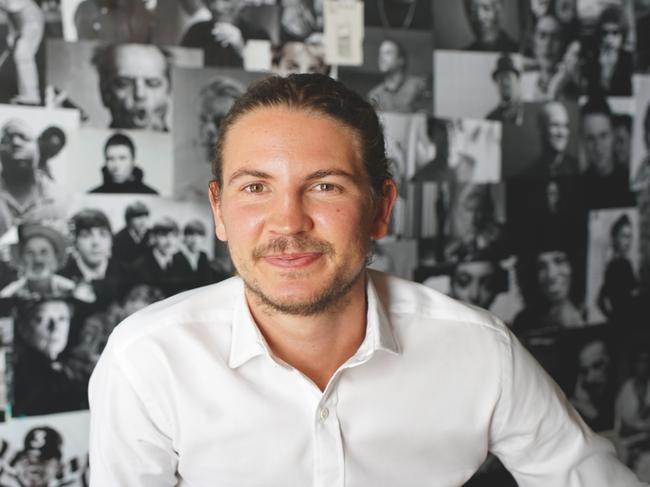
Year13 co-founder Will Stubley said tech is often blamed for making young people lazy but it’s also making many of them healthier, with some being inspired by influencers and easy access to exercise classes on YouTube or via apps.
He said exercising naturally leads to fewer young people wanting to drink, smoke and party as often.
“The truth is more and more young people would prefer to be up early showing their gains in the gym on Instagram than up late showing off in the club as fitness not partying is the dominant force in their life,” Mr Stubley said.
He said the survey results for vaping show it isn’t nearly as widespread as many might have expected among young people and that might be because teenagers don’t see vaping as good for their health and therefore most aren’t interested in it.
How often do you exercise?
Like one-in-four young people, Tom Giudice exercises most days of the week.
The 21-year-old rarely drinks, preferring to have a clear head so he can get up early at the weekend to go to the gym instead.
He believes exercise is just as important for his physical health, as his mental health.
On top of strength sessions, he does yoga, ice baths, saunas and massages at his gym Function Well in Brisbane because it makes him feel good.
“Going to the gym gives me more energy, more confidence and I’m happier overall,” Mr Giudice said.
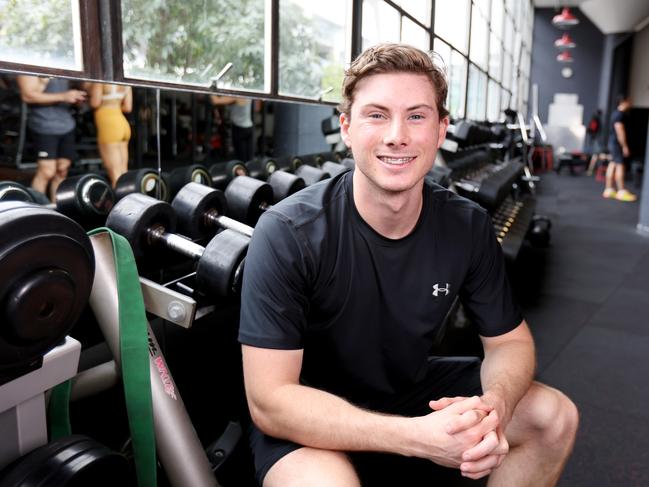
“It means I’m with a lot of people who have similar interests to me, who want to live a healthier lifestyle.
“The best part of socialising is being with friends, but the culture involves the consumption of alcohol.
“Generally if I do go out, it’s only for a big occasion and I only have a few drinks. I never go crazy.
“I prefer to wake up feeling well at the weekend, so I can exercise.”
Grant Tucker and Piper Harrison, both 20, said there are two distinct role models for males and females currently trending on social media.
For males it’s ‘Him’, which Mr Tucker explains as “the guy you want to be”.
That person is someone who gets up at 5am hits the gym, is ripped and makes loads of money as an entrepreneur during the day, while for females there’s the ‘"It" girl’, who gets up at the crack of dawn does a pilates reformer class, drinks a green juice and then is super organised at work.
Both said the role models were unrealistic, but have noticed more and more influencers fitting that mould.
More Coverage
Originally published as More young Australians on prescription meds, others face body image issues




